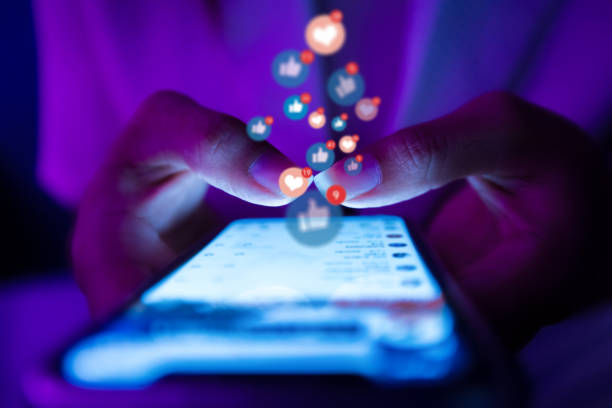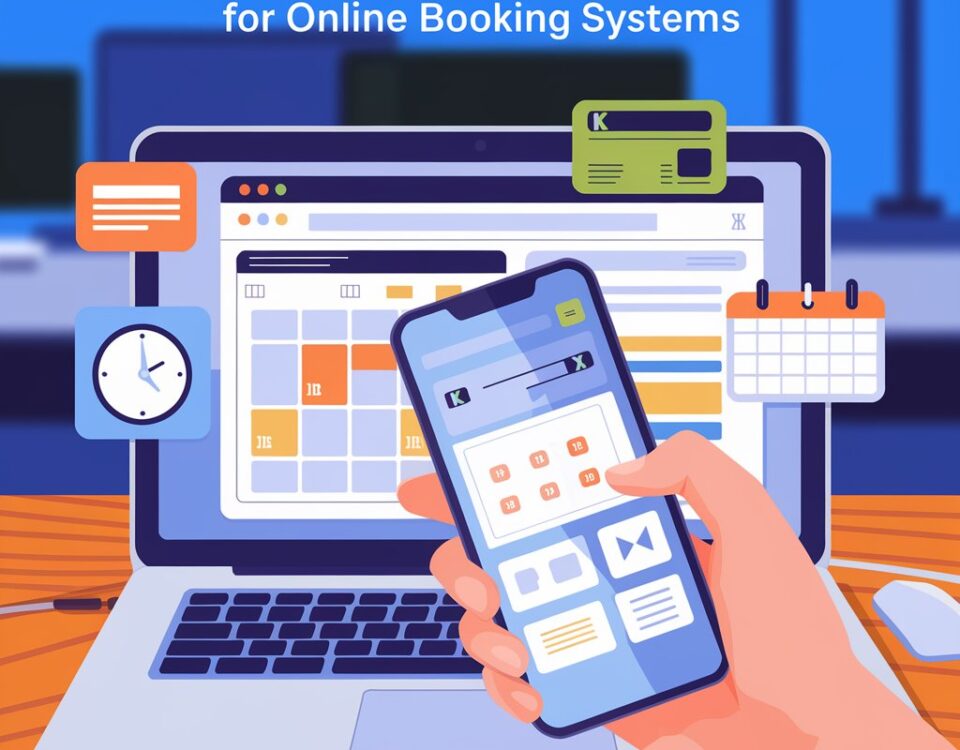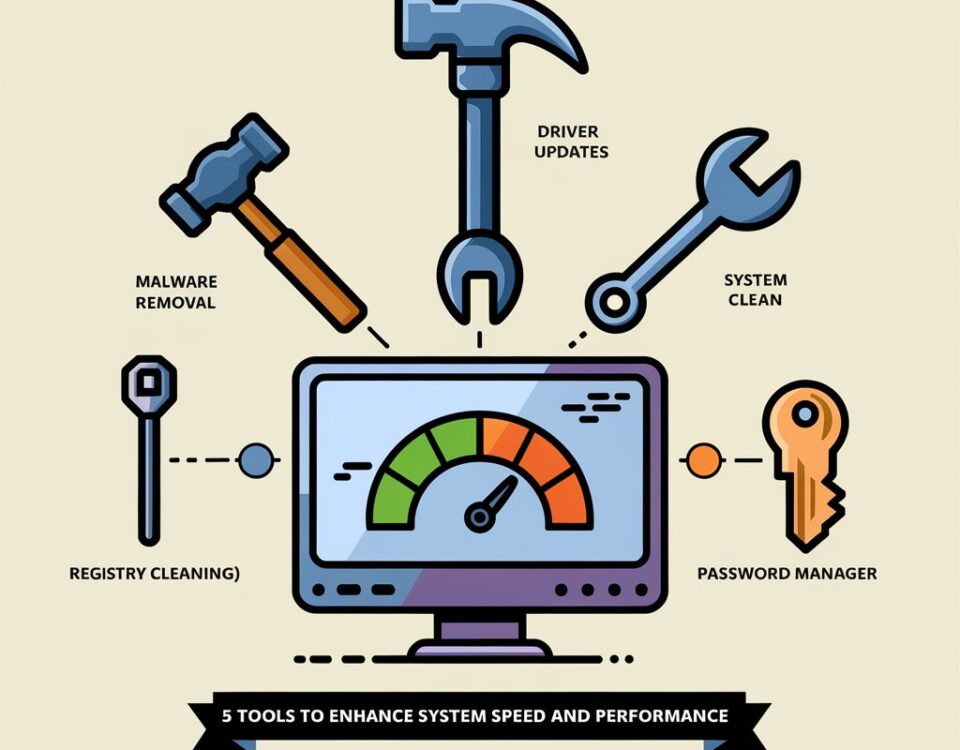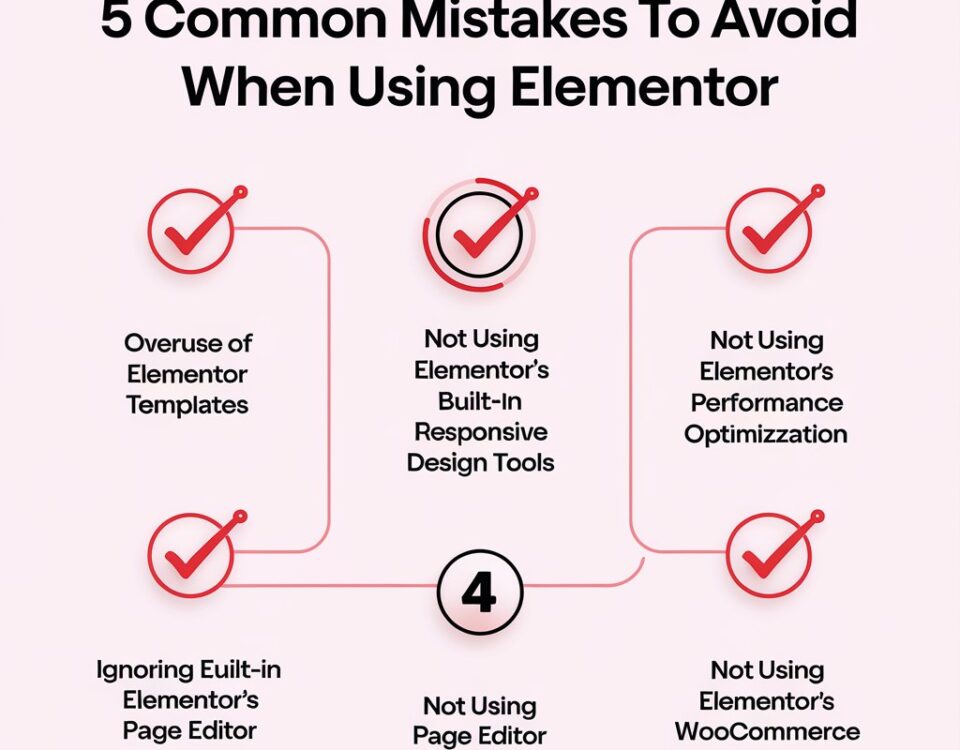
How Smart Home Devices Are Changing Everyday Life
June 25, 2024
Essential Gadgets for a Tech-Savvy Kitchen
June 26, 2024The Role of Social Media in Modern Communication
Social media has become an integral part of our daily lives, revolutionizing the way we communicate and interact with others. Its impact is far-reaching, influencing personal relationships, business strategies, and even societal trends. With platforms like Facebook, Twitter, Instagram, and LinkedIn, people from different parts of the world can connect instantly, share ideas, and stay updated with the latest news. This new form of communication has not only made the world smaller but has also introduced new dynamics in how we share information and express ourselves. Let's delve deeper into the role of social media in modern communication and its various effects.

Connecting People Globally
The role of Social media in modern communication connects people from different parts of the world. Friends and family stay in touch regardless of distance. Sharing photos, videos, and messages strengthens relationships. Global connections foster cultural exchange and understanding.
Impact on Personal Relationships
Social media impacts personal relationships. It helps people maintain long-distance relationships. However, it can also cause misunderstandings due to lack of face-to-face interaction. Balance is key to maintaining healthy relationships.
Business Communication
Businesses use social media for marketing and customer engagement. Platforms like LinkedIn help with professional networking. Social media enables real-time interaction with customers, enhancing brand loyalty. Businesses also use it to gather customer feedback.
Information Sharing and News
Social media is a primary source of news for many. Users share articles, videos, and opinions. This rapid information spread keeps people informed. However, it also raises concerns about misinformation.
Influence on Public Opinion
Social media influences public opinion and social movements. Hashtags raise awareness about important issues. Campaigns on social platforms drive social change. Public figures use social media to connect with their audience.
Entertainment and Content Creation
Social media offers entertainment through various content. Users create and share videos, memes, and blogs. Platforms like YouTube and TikTok have turned many into influencers. Social media democratizes content creation.
Education and Learning
Social media facilitates education and learning. Online communities share knowledge and resources. Educators use social media to reach students. Educational content is widely accessible through platforms like YouTube and LinkedIn Learning.
Challenges and Concerns
Social media poses challenges like cyberbullying and privacy issues. Users must be aware of their digital footprint. It’s important to practice safe online behavior. Social media companies are working on improving user safety.
Future of Social Media Communication
The future of social media communication looks promising. Advancements in AI will personalize user experiences. Virtual reality will make interactions more immersive. Social media will continue to evolve, impacting our communication methods.
Conclusion
The role of Social media in modern communication has transformed modern communication in various ways. It connects people globally, impacts personal relationships, and serves as a powerful tool for businesses. Despite challenges, it remains a significant part of our daily lives, continually shaping how we interact and communicate.




